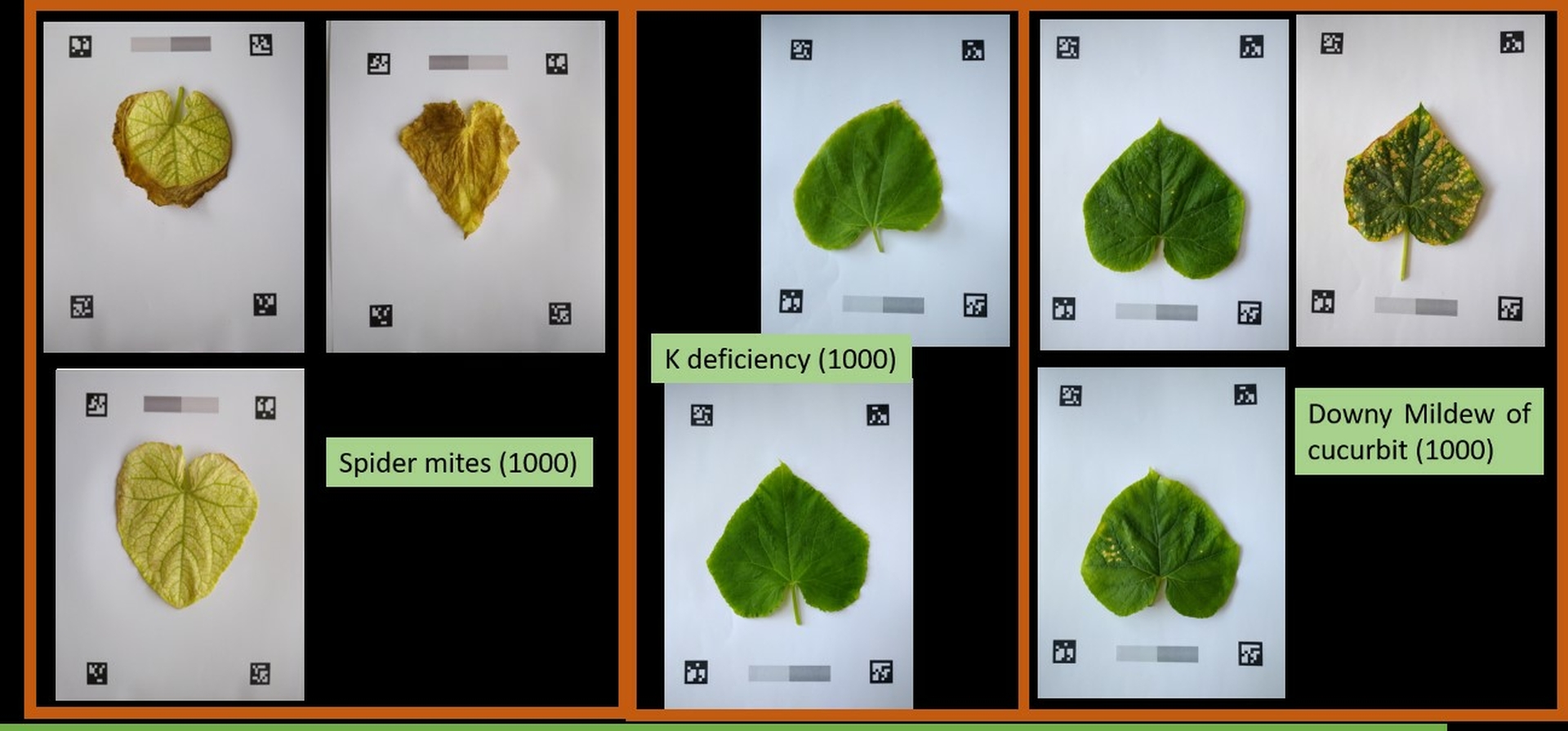Spain: New user-friendly application for smallholder farmers for detection of plant diseases and nutritional disorders

The University of Barcelona in partnership with the International Center for Biosaline Agriculture (ICBA) are developing a smartphone-based, user-friendly application for smallholder farmers from the MENA region (Morocco, Egypt, Tunisia) and United Arab Emirates (UAE) aiming to identify major biotic and abiotic stresses in key relevant herbaceous crops.
Annual crop losses due to pests and diseases range between 20% and 40%, undermining rural livelihoods, national economies, and food security. Intelligent systems can help farmers make prompt in-situ diagnoses and facilitate effective response to plant diseases and pest attacks in their early stages. The app development project will focus on three major horticultural species (tomato, pepper, and cucumber) together with quinoa, new in the region and a highly nutritious and stress-tolerant crop, which ICBA has had an active role promoting its cultivation. For each combination of these four species with any of the pests, diseases, abiotic stresses or deficiencies targeted the researchers follow a specific order of activities before developing the application: (I) data collection, (II) data/image curation, (III) development of the algorithm, and (IV) training of the algorithm with the generated database.
At the start of the project (activity I and II), UB and ICBA used a trial application, the ODK (See also https://integrativecropecophysiology.com/software-development/ub-doctorx-icba/ for details), which make it possible to collect preliminary field data for the aforementioned crops from the farmers in the targeted areas. The collected data will be processed, analyzed and used to develop the full-fledged smartphone application, customized as necessary for each target country and made available in three languages (Arabic, English and French). The launch of the application will be accompanied by training events for farmers and extension staff, as well as seminars for relevant public and private sector entities.
Regarding the development of the algorithm (activity III) in collaboration with a former PhD student at the University of Barcelona, Spain, and presently professor at the University of Ibague, Colombia, the team is developing the algorithms for image analysis.
As a Machine Meaning (ML) tool the team has considered a Deep Learning (DL) strategy. In this way, a Convolutional Neural Network (CNN) architecture is being developed for object detection. Once these activities have been completed the researchers will start with training of the algorithm with the generated database (activity IV).
With the help of EMPHASIS, the tool could potentially be made available to a large group of users and new species could be added supporting long-term, sustainable utilization of the application.
